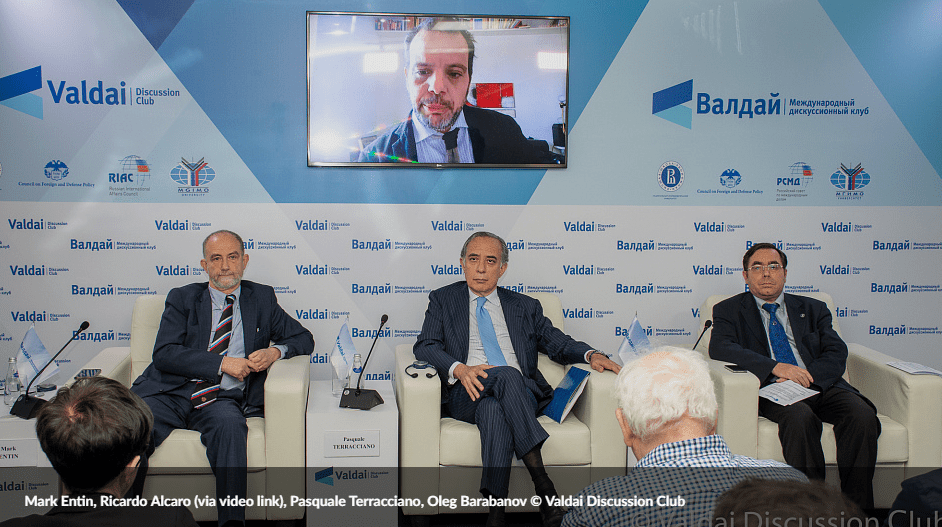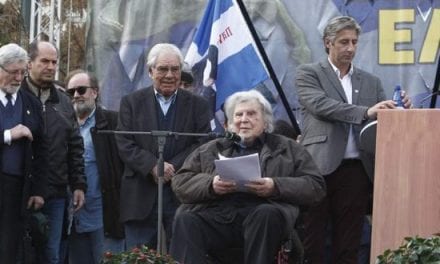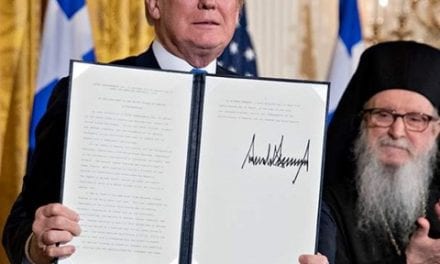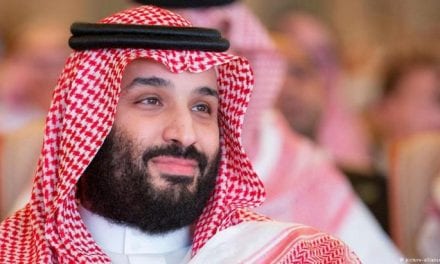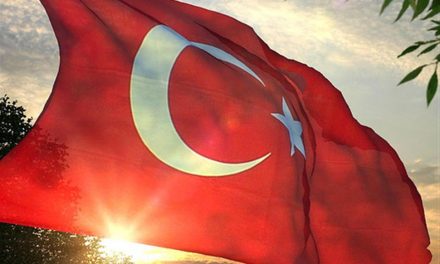Interestingly enough, the elections to the European Parliament have not yet ended: the process will now shift from the public sphere to the negotiation of internal agreements on the distribution of posts; this determines the nature of the EU executive branch. The decision-making apparatus will also change.
How so? This was discussed by a panel of experts at a meeting which was held at the Valdai Discussion Club on May 27 according to Chatham House rules.
In general, the panellists agreed that the new composition of the European Parliament seriously differs from that of the previous one: not only has the balance of power changed, but the parliament itself has become more fragmented. Right-wing nationalists got a few more saets. ”Europe of Freedom and Direct Democracy” also strengthened its position. On the other hand, the centre-right conservatives have become weaker. Although the right strengthened some positions in the European Parliament, they are not consolidated; they are divided into three different groups. If they do not unite, they risk repeating the fate of the past parliament, when the right turned out to be in an absolutely marginal position, unable to influence anything, one of the participants in the discussion said.
Changes are taking place separately in each of the leading EU countries: in France, there was almost a tie between Marine Le Pen (who came out slightly ahead) and Emmanuel Macron; in Germany the CSU/CDU coalition won with a minimum margin, in Great Britain the Brexit party won and the Conservatives lost. In Italy, there was a reshuffle in the ruling coalition: the League came in first place, while the Five Stars moved into the shadows.
One of the experts, in his speech, mentioned the possible impact of the recent elections on the situation in Italy, which, according to him, now has to cope with the migration flow alone. Italy needs support and a massive repatriation policy,” he said, “to prevent illegal immigration. He added, It would be easier if you could negotiate with other European countries. The Italians expect some additional measures from the European Parliament, but it differs from national parliaments. “There should be a consensus, because there are people of different views and citizenship. In his opinion, the pan-European problems to be solved by the new parliament include security, migration and economic growth.
However, in reality the elections have not yet ended: they will now move from the public sphere to the area of internal agreements on the distribution of posts, on which the nature of the EU executive branch depends. In the parliament, everyone will be reshuffled, which means that the decision-making format will also change. In addition, one of the speakers drew attention to the fact that the past elections concern the European Parliament only partly, since the political space of the EU is still fragmented into processes in individual countries. Therefore, those parties that have worsened their positions will have to adapt their policies to the demands of voters – as well as right-wing forces, which are focused on national sovereignty strengthening individual countries.
Due to the fragmentation of the new parliament, its members will have to learn to negotiate with each other. However, the search for consensus in this situation is another serious challenge. The consequences of these elections for the EU are that they have led to a line being drawn between nationalists and liberals, one of the participants said. They do not have a unified view on the problem of migrants; some want to improve relations with Russia, while others do not want to do this. Nationalists have yet to show whether they are able to formulate an agenda regarding European values and policies. They will strive to be joined by mainstream movements, and centrists will try to regain lost voices. One way or another, Europe is losing its balance.
Special attention was paid to the question of whether the EU’s relations with Russia changed after the elections, and if so, was it for the worse? One of the speakers suggested that changing the mood of voters is a window of opportunity, a new balance of power. Relations can be built from scratch, and in this regard, the initiative now has to go to Russia. Another expert objected that the relationship could be complicated, since Russia favours nationalist forces, and in Europe there is a noticeable confrontation between nationalists and liberals. In any case, the choice in many respects remains precisely for the EU to decide. What will it be? We will find out soon.
valdai-club

